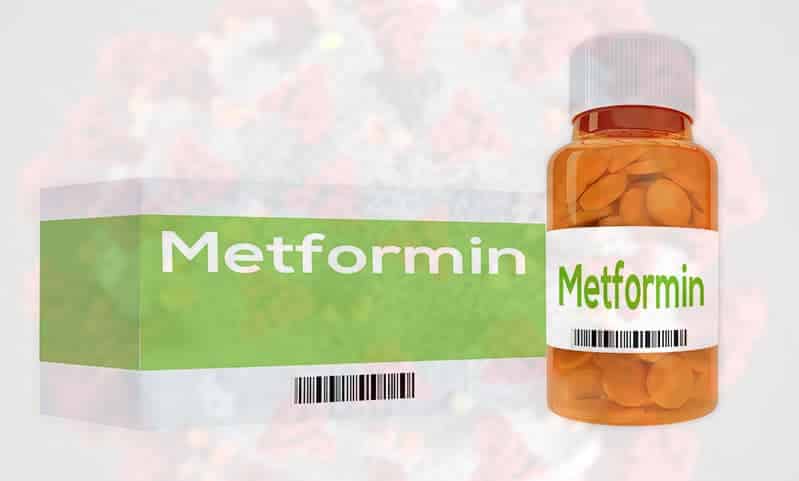The sudden recall of a popular diabetes drug because of NDMA contamination (cancer-causing agent) creates a cloud over the Food and Drug Administration’s entire review process.
Time-Cap Labs Inc.’s generic drug is used to treat Type 2 diabetes. Its lower cost makes it a popular alternative to brand-name drugs.
When the most recent test results showed additional NDMA contamination, the FDA expanded a June 2020 recall to include two additional lots, as apparently, the company failed to take effective steps to stop the contamination.
Most of the recalled lots have expiration dates in 2021 or 2022.
Recall Conflict of Interest?
The FDA, which is charged with ensuring drug safety, gets 75 percent of its funding from the drug and other companies it regulates. That’s like football teams paying the game referees.
The so-called “drug lag” routinely made headlines in the waning years of the twentieth century.
Most European countries approved new drugs at least a year faster than the FDA. So, this matter was partly a health and safety issue and partly a national pride issue.
Politicians were determined to close the gap. They were equally determined not to raise taxes so the FDA could hire more inspectors.
User fees seemed like a good idea at the time. Almost immediately, the FDA worked through its backlog. It approved a record number of drugs in 1996.
User fee requirements steadily increased from $208,000 per new drug application in 1995 to $2.5 million per NDA in 2018.
In exchange for these payments, the FDA agreed to decrease review times to as little as six months. Such a brief review time leaves regulators no time to fully investigate the drug.
N-Nitrosodimethylamine Contamination
NDMA contamination usually happens when medicine is stored at room temperature for too long. And, most drugs spend lots of time at room temperature.
NDMA, which is also common in cured meats, drinking water, and rocket fuel, is a probable carcinogen. There are no human trials linking N-Nitrosodimethylamine to cancer, but hundreds of laboratory studies confirm the connection.
That’s certainly enough to establish a link by a preponderance of the evidence (more likely than not), which is the burden of proof in civil court.
Your Claim for Damages
Many product liability claims arise from the Uniform Commercial Code’s implied warranty provision. Under Section 2-314, all new goods sold must meet or exceed certain standards, including:
- Fair average quality,
- Fit for ordinary purpose,
- Conform with the label’s affirmations or promises, and
- Be adequately packaged.
Any of these bullet points could apply to NDMA-laced medicine.
The adequate packaging requirement might be the most applicable item. There is a relationship between shelf life and NDMA contamination.
Therefore, manufacturers should instruct retailers to destroy any unsold product within a few days.
As for establishing the harm, attorneys usually partner with medical experts to provide the necessary testimony.
Recovery in a dangerous drug claim usually includes compensatory damages for things like medical bills and emotional distress, as well as additional punitive damages.
These additional damages are the best way to convince drug companies to stop putting profits before people.
Drug poisoning victims are entitled to substantial compensation.
For a free consultation with an experienced New York personal injury attorney, contact Napoli Shkolnik, PLLC. We do not charge upfront legal fees and the initial consultation is free.
